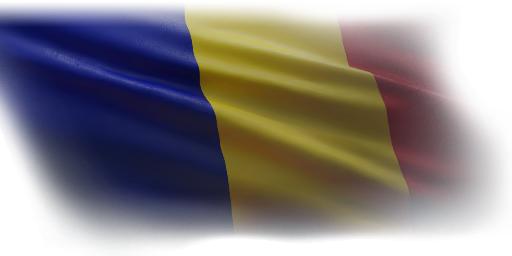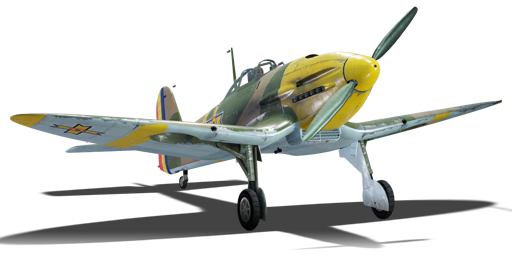

Aviation
He 112 B-2/U2
II
Rank
AB
2.3
RB
2.0
SB
2.3
Battle rating
Germany
Game nation
Fighter
Main role

Premium vehicle
Status

Romania
Operator country
General information
The He 112 B-2/U2 is a premium gift German fighter. It has been in the game since the start of the Open Beta Test prior to Update 1.27. It was given away during the 2014 Thanksgiving sale as a reward for buying 3 discounted packs. It has also been available in the Warbond shop as part of the trophy chest in September 2018 to March 2019 and from March 2020 to November 2020.
Where to purchase:
Camouflages:
Flight performance
Max speed
at 2,800 m
503463529482 km/h
Rate of Climb
15.813.119.213.1 m/s
Turn time
16181517.1 s
Max altitude
8,500 m
Takeoff Run
324 m
Combat
flaps
flaps
Take-off
flaps
flaps
Landing
flaps
flaps
Air
brake
brake
General characteristics
Crew
1 person
Gross weight
2.3 t
Engine
Junkers Jumo 210G
Length
9.3 m
Wingspan
9.1 m
Limits:
Max Speed Limit (IAS)
730 km/h
Mach Number Limit
0.8 M
Flap Speed Limit (IAS)
320 km/h
Gear Speed Limit (IAS)
450 km/h
Offensive armament
2 × 20 mm MG FF cannon
Ammunition
120 rounds
Fire rate
520 shots/min
| Belt | Belt filling | Armor penetration (mm) at a distance: | |||||
|---|---|---|---|---|---|---|---|
| 10 m | 100 m | 500 m | 1000 m | 1500 m | 2000 m | ||
| IT/IT/APHE | 19 | 18 | 15 | 10 | 3 | 3 | |
| IT/FI-T/FI-T/APHE | 19 | 18 | 15 | 10 | 3 | 3 | |
| FI-T/FI-T/AP-I/APHE/IT | 25 | 24 | 18 | 10 | 1 | 1 | |
| IT/IT/FI-T/FI-T | 10 | 10 | 5 | 2 | 1 | 1 | |
| APHE | 19 | 18 | 15 | 10 | 3 | 3 | |
2 × 7.92 mm MG 17 machine gun
Ammunition
1,000 rounds
Fire rate
1,200 shots/min
| Belt | Belt filling | Armor penetration (mm) at a distance: | |||||
|---|---|---|---|---|---|---|---|
| 10 m | 100 m | 500 m | 1000 m | 1500 m | 2000 m | ||
| AP-T/AP-I/AI | 9 | 8 | 6 | 3 | 0 | 0 | |
| AP-T/AP/AI/AP-I | 13 | 12 | 7 | 3 | 2 | 0 | |
| AP-T | 9 | 8 | 6 | 3 | 0 | 0 | |
| AI/AP/AP/AP/AI | 13 | 12 | 7 | 3 | 2 | 0 | |
Economy
Repair cost
AB
548 

RB
441 

SB
602 

Crew training
2,300 

Experts
15,000 

Aces
125 

Research Aces
320,000 

Reward multiplier
AB / RB / SB
 2 x (30 / 60 / 120) %
2 x (30 / 60 / 120) % 
 2 x 112 %
2 x 112 % 

Premium vehicle
All modifications are unlocked
Flight performance | |
|---|---|
Survivability |
|---|
Weaponry |
|---|
Rating by players
You must play more than 3 battles for the last week and more than 10 battles in a vehicle to rate it.
Like:
6
Flight performance:
Not enough ratings
Survivability:
Not enough ratings
Aerial combat:
Not enough ratings
Ground attack:
Not enough ratings
Balance:
Not enough ratings
Articles
No articles about this vehicle yet
Become the first author and get rewards!
Write a guide, tell about interesting historical facts, make a tutorial or simply an interesting post.
No more content